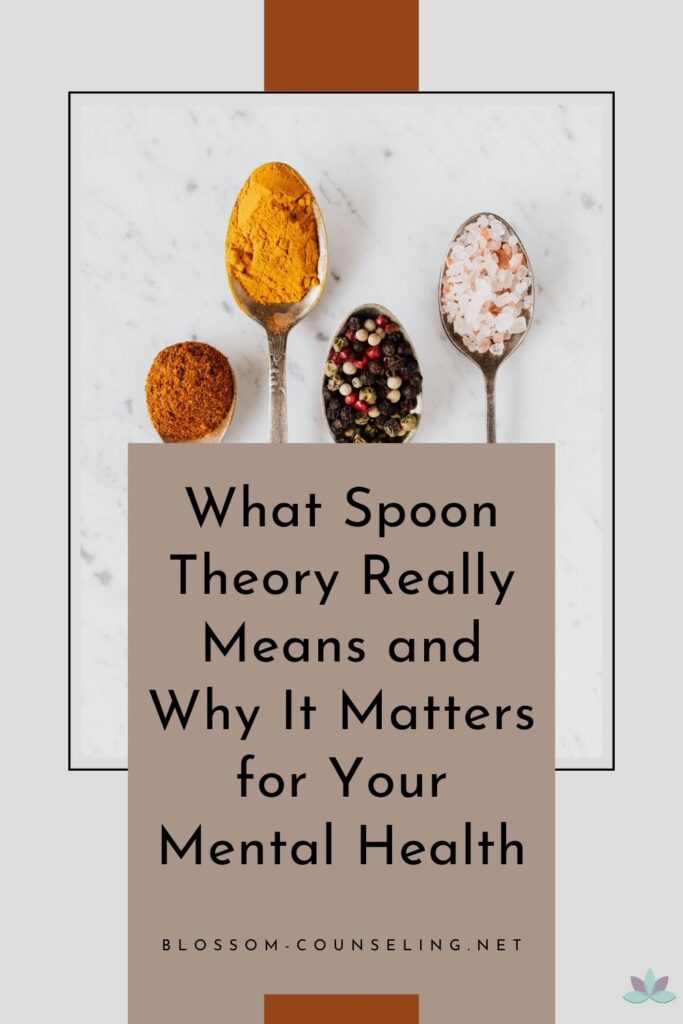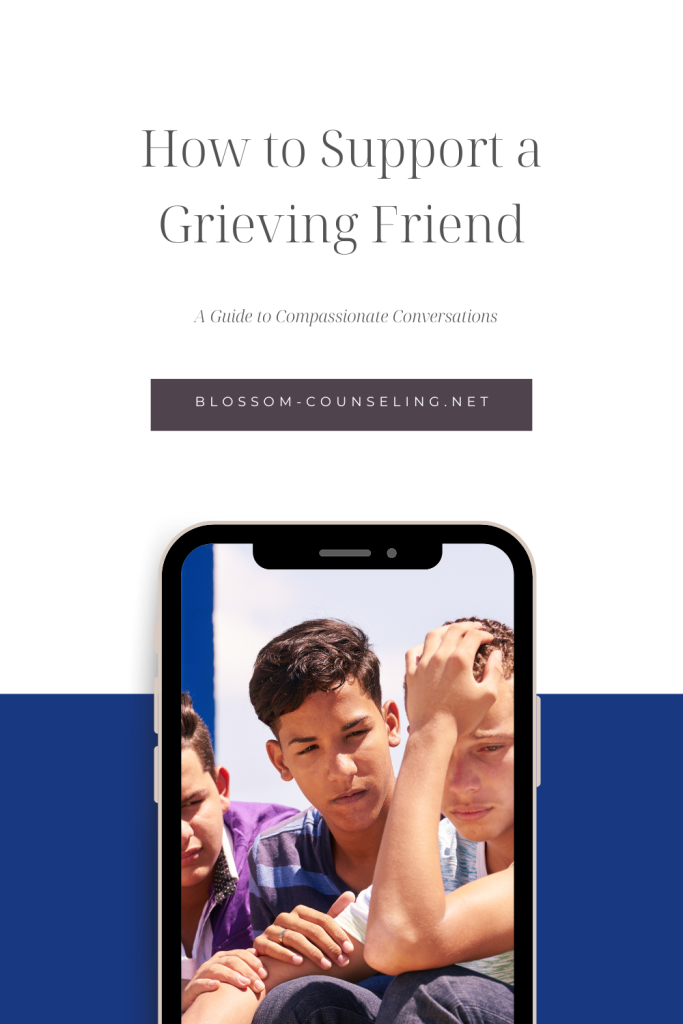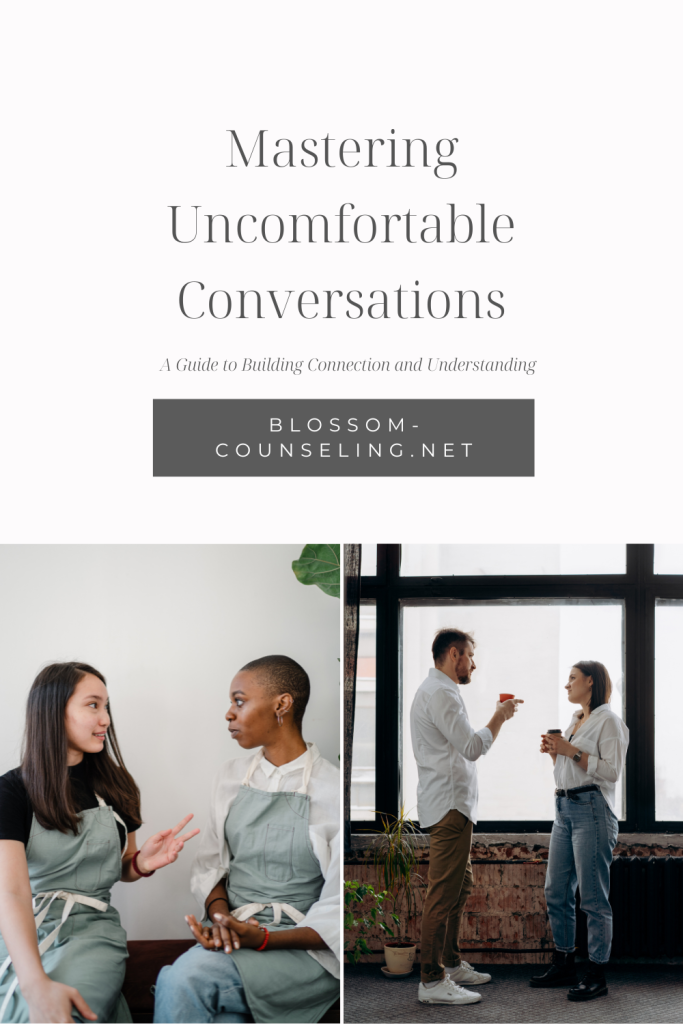
If you have ever heard someone say, “I am out of spoons today,” and felt confused, you are not alone. It has nothing to do with chores or dishes. It is a way many people describe something that is hard to put into words: limited energy.
Spoon Theory is a concept that comes from disability and mental health communities, and it resonates with anyone who has ever felt drained before the day even really started.
What Is Spoon Theory?
Spoon Theory was introduced by Christine Miserandino in an essay about living with lupus. She used spoons as a simple metaphor to explain what it feels like to manage chronic illness and invisible struggles.
The idea is this. Each day, you wake up with a certain number of spoons. Every task costs a spoon or more. Getting out of bed. Showering. Going to work. Responding to messages. Making dinner. When the spoons are gone, they are gone. Pushing past that point often leads to burnout, shutdown, or needing significant recovery time.
The important part is that not everyone starts the day with the same number of spoons.
Why Some Days Feel Harder Than Others
Someone managing anxiety, OCD, depression, ADHD, grief, trauma, or chronic pain may wake up with fewer spoons than someone who is not carrying those challenges. A task that feels simple one day can feel overwhelming the next.
This is not about physical energy alone. It includes emotional, mental, and psychological capacity too. Concentrating, managing intrusive thoughts, regulating emotions, or making decisions all take spoons.
That is why you might look fine on the outside while feeling completely depleted on the inside.
Why Spoon Theory Feels So Validating
Spoon Theory gives language to an experience that often goes unseen. It helps explain why doing “just one more thing” can feel impossible some days, even if it was manageable yesterday.
For many people, especially those who are high functioning or used to pushing through, this metaphor is a relief. It validates that needing rest is not a failure or a lack of effort. It is a response to real limits.
It also helps explain why comparing yourself to others rarely feels helpful. Everyone is working with a different number of spoons.
How to Use Spoon Theory in Everyday Life
One of the most useful parts of Spoon Theory is how practical it can be. It encourages you to check in with yourself before you overextend.
You might ask:
How many spoons do I have today?
What do I need to save energy for?
What can wait or be let go?
It also gives you language to communicate boundaries. Saying “I do not have the spoons for that today” can feel clearer and kinder than forcing yourself to justify why you are struggling.
For people who tend to overachieve or people please, Spoon Theory can be a reminder that managing your energy is not laziness. It is self awareness and wisdom.
Spoon Theory and Therapy
In therapy, Spoon Theory often helps people shift how they view themselves. Instead of asking, “Why can’t I do more?” the question becomes, “What do I need right now?”
That shift matters. It opens the door to self compassion, better boundaries, and more realistic expectations. Over time, learning how to spend your spoons intentionally can reduce burnout, anxiety, and resentment.
The Bottom Line
Spoon Theory is not just a metaphor. It is a way to talk honestly about limits, energy, and care in a world that often expects constant productivity.
If you are counting spoons, you are not broken. You are responding to real demands on your system. And learning to honor that reality is not giving up. It is taking care of yourself in a way that actually supports long term wellbeing.
The next time someone says they are out of spoons, you will know what they mean. It is not about silverware. It is about choosing how to spend limited energy and doing the best you can with what you have that day.
Hi, I’m Shalyn. I’m a licensed therapist in Pennsylvania, Delaware, and Vermont. I work with teens, young adults, and adults who are ready to stop feeling so stuck in their heads. Anxiety, OCD, and grief can take over your thoughts, your energy, and your peace of mind, and my role is to help you get back to feeling steady again.
In sessions, I bring structure, empathy, and honest conversation to help you untangle what’s been weighing you down and start finding clarity. I believe therapy should be both supportive and productive. You’ll get real tools, new perspectives, and space to breathe without judgment.
If you’re ready to feel calmer, more confident, and back in control of your life, I’d love to help you get there.




